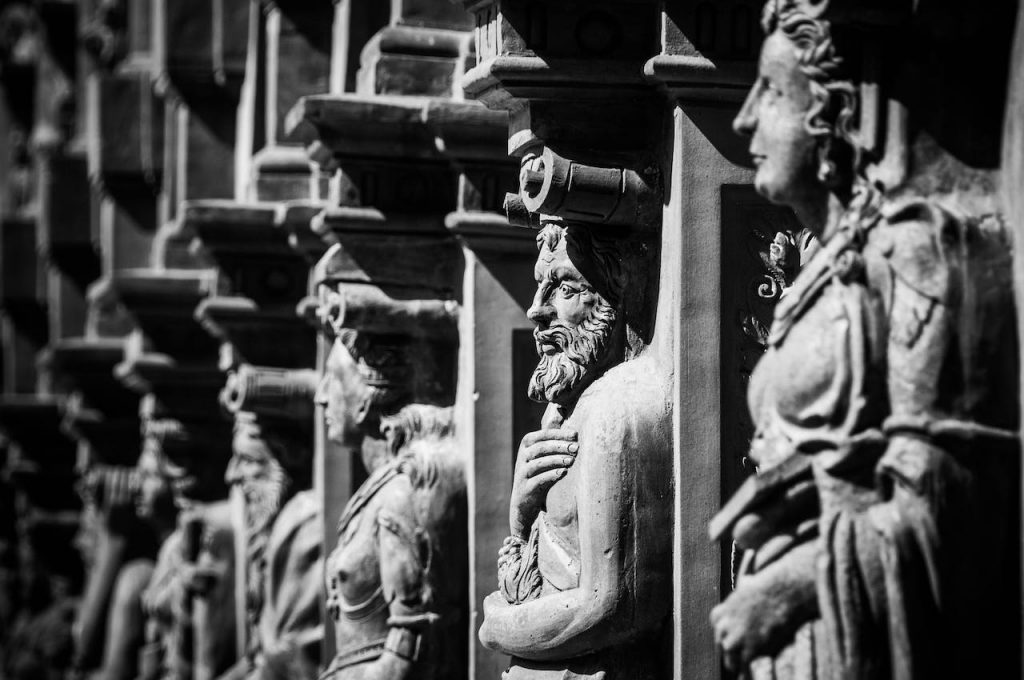
Having A Level History opens up a variety of degree options, as it provides a solid foundation in analytical skills, critical thinking, research, and communication. Here are some degree courses that you may consider with A Level History:
- History: This is the most straightforward choice. Pursuing a degree in History allows you to delve deeper into the subject, exploring various historical periods, events, and themes. You may have the option to specialize in a particular area of history, such as medieval, modern, or cultural history.
- Archaeology: If you’re interested in the study of human history through excavation and analysis of artifacts, a degree in Archaeology might be suitable. Archaeologists explore past civilizations and cultures through the physical remains they left behind.
- International Relations: A background in history can be valuable for understanding the context of global events. International Relations programs cover topics such as politics, diplomacy, and global affairs, and your historical knowledge can provide a unique perspective.
- Political Science: A degree in Political Science explores political systems, ideologies, and institutions. Your understanding of historical political events can contribute to a deeper comprehension of contemporary political issues.
- Law: History can be a beneficial background for studying law. The analytical and research skills developed in history can be applied to legal studies. Some universities even offer joint programs in History and Law.
- English Literature: A strong foundation in history can enhance your understanding of literature, especially historical novels or works set in specific time periods. English Literature programs often value critical thinking and analytical skills.
- Museum Studies/Heritage Management: If you’re interested in preserving and presenting history, a degree in Museum Studies or Heritage Management could be a good fit. These programs often cover curation, exhibition design, and the management of historical artifacts.
- Education: A degree in Education can lead to a career in teaching. With A Level History, you may become a history teacher at the secondary school level. Some programs offer a combination of education and subject-specific training.
- Journalism: If you enjoy research, critical analysis, and communication, a degree in Journalism may be appealing. Journalists often cover historical and current events, and your background in history can contribute to your ability to contextualize news stories.
When choosing a degree course, it’s essential to consider your specific interests and career goals. Additionally, universities may have specific entry requirements, so check the admission criteria for each program you’re interested in. It’s also worth noting you will usually need more than just one A Level qualification to get accepted onto a Degree course.
